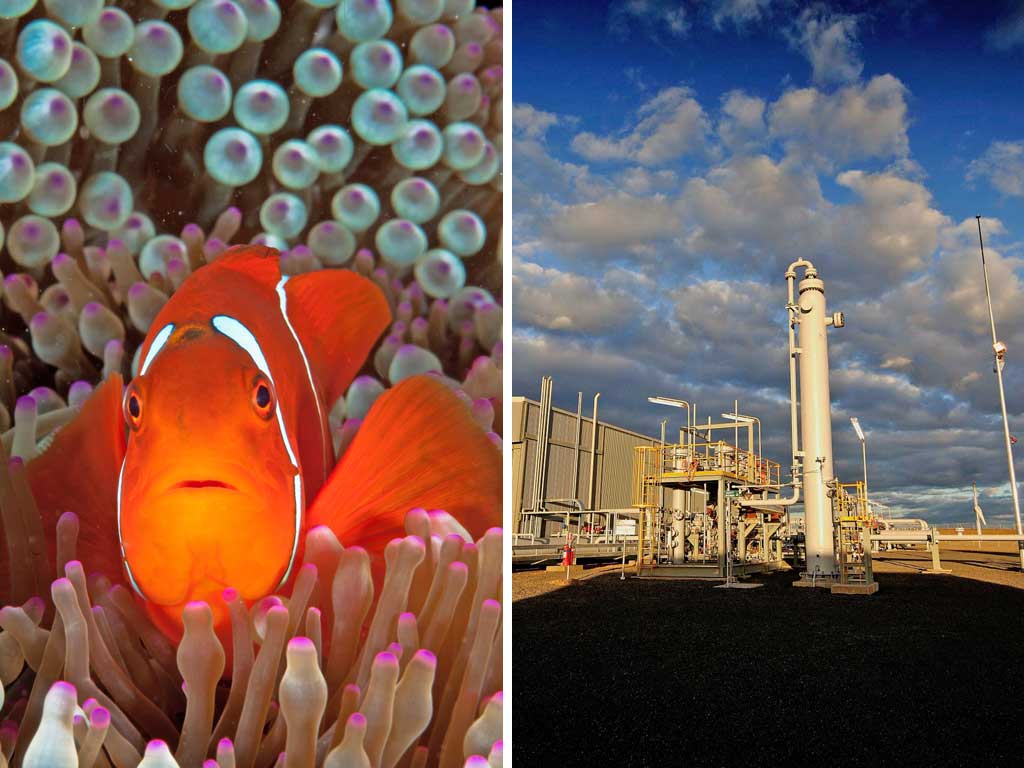Queensland dismisses UN report that reef is 'at risk'

Across the globe, Australia’s Great Barrier Reef is recognised as one of the world’s natural wonders. But in Queensland, home to the vast, picturesque reef, the government is apparently less impressed.
The state premier, Campbell Newman, has dismissed a report by the UN body UNESCO warning that the World Heritage-listed site is threatened by large-scale industrial development. Queensland is currently undertaking a major expansion of its ports to meet soaring Asian demand for coal and gas.
UNESCO, which sent an inspection team over in March, said that unless Australia substantially improved its management of the reef by early next year, it risked being officially listed as “in danger”. But Mr Newman declared: “We’re in the coal business. If you want decent hospitals, schools and police on the beat, we all need to understand that.”
He added: “We will protect the environment, but we are not going to see the economic future of Queensland shut down.” The state is one of Australia’s fastest growing and most economically buoyant areas, thanks to its rich reserves of coal and shale gas. As well as upgrading ports, it is building large offshore plants to process liquefied natural gas.
The report, released at the weekend, expressed particular concern about Gladstone, one of the gateways to the southern reef. Port authorities are carrying out a huge dredging operation, close to the reef, to make the harbour suitable for massive gas tankers and coal bulk carriers.
Local fishermen believe dredging is responsible for poor water quality and an outbreak of disease among marine life.
In 2010 a Chinese coal carrier ran aground on the reef, causing widespread damage to coral. Two weeks ago, there was a near miss involving another bulk carrier which drifted for hours after its engine failed.
The federal government gave a muted response to UNESCO’s report, with the Environment Minister, Tony Burke, saying that ministers were “acutely aware of the challenges facing” the reef, including climate change. He added that he had no power to halt projects which had already been approved. Mr Newman made clear that he had no intention of implementing one of the report’s main recommendations: that further developments be halted until a “strategic assessment” of the reef’s health had been carried out.
UNESCO noted “a continuing decline in the quality of some parts” of the reef and expressed “extreme concern” about the pace of coastal and port development. “The unprecedented scale of development affecting or potentially affecting [the reef] poses serious concerns over its long-term conservation,” it said.
Don Henry, chief executive of the Australian Conservation Foundation, said: “To have a potential ‘in danger’ listing hanging over the reef is a national disgrace.”
Join our commenting forum
Join thought-provoking conversations, follow other Independent readers and see their replies
Comments
Bookmark popover
Removed from bookmarks